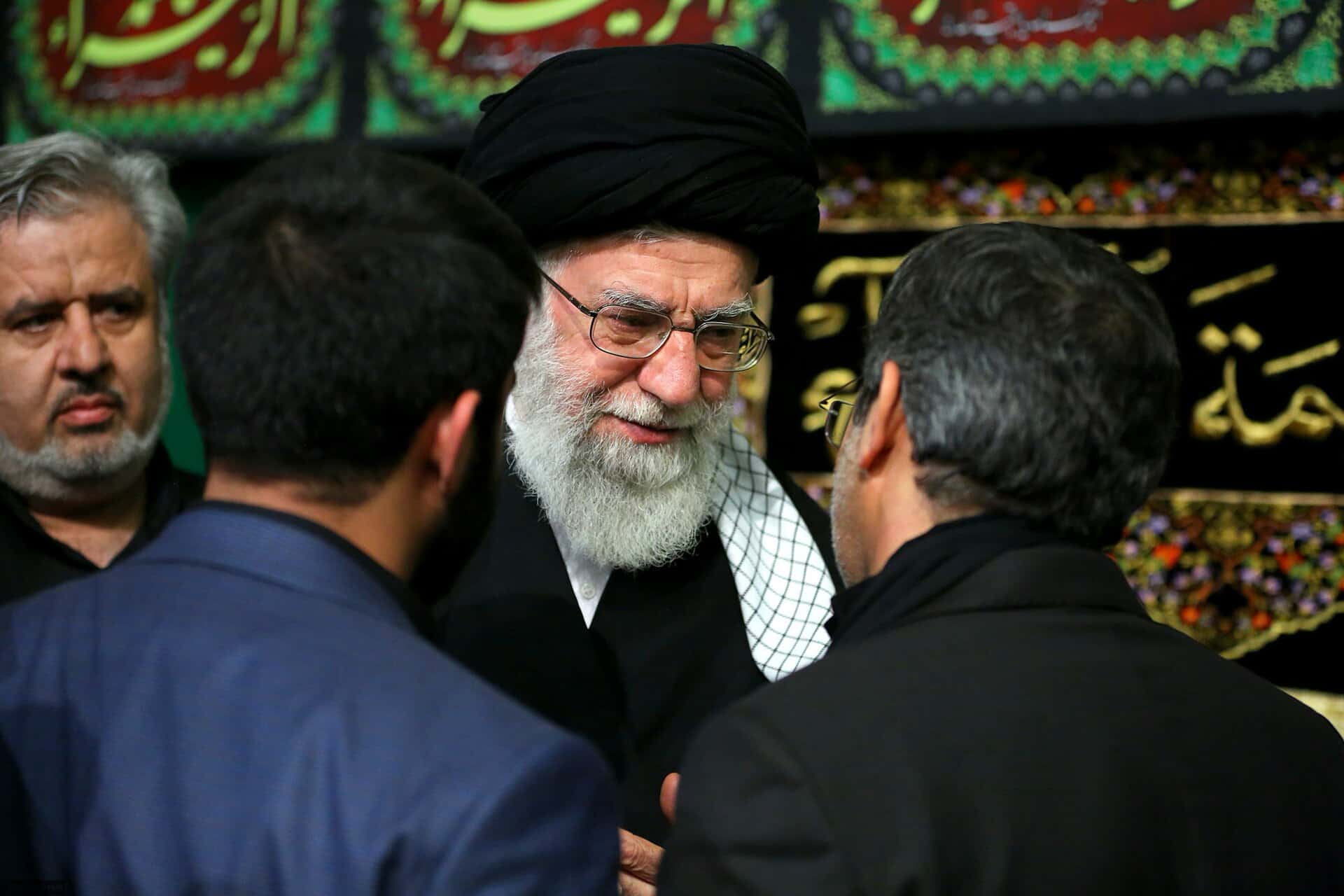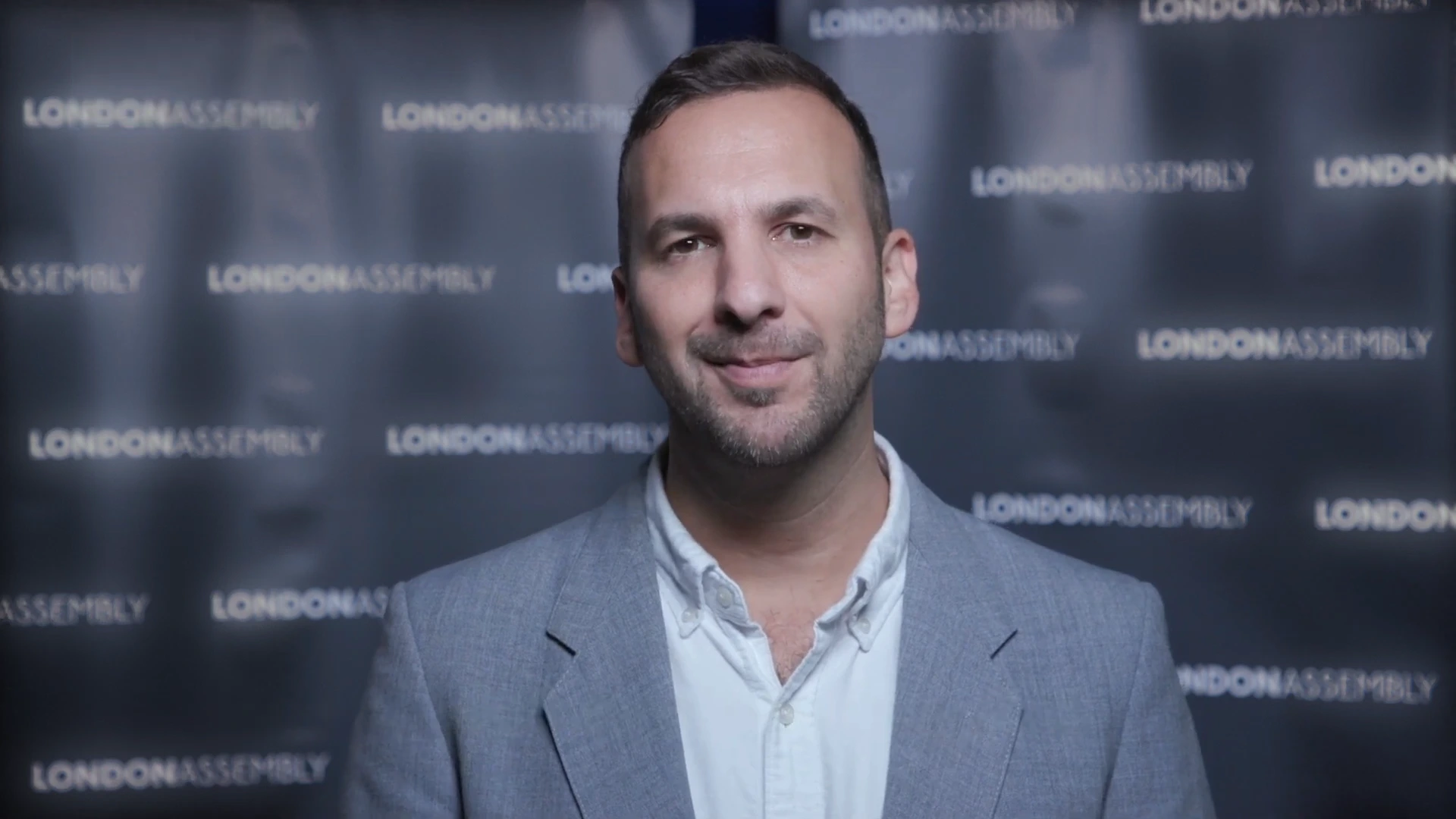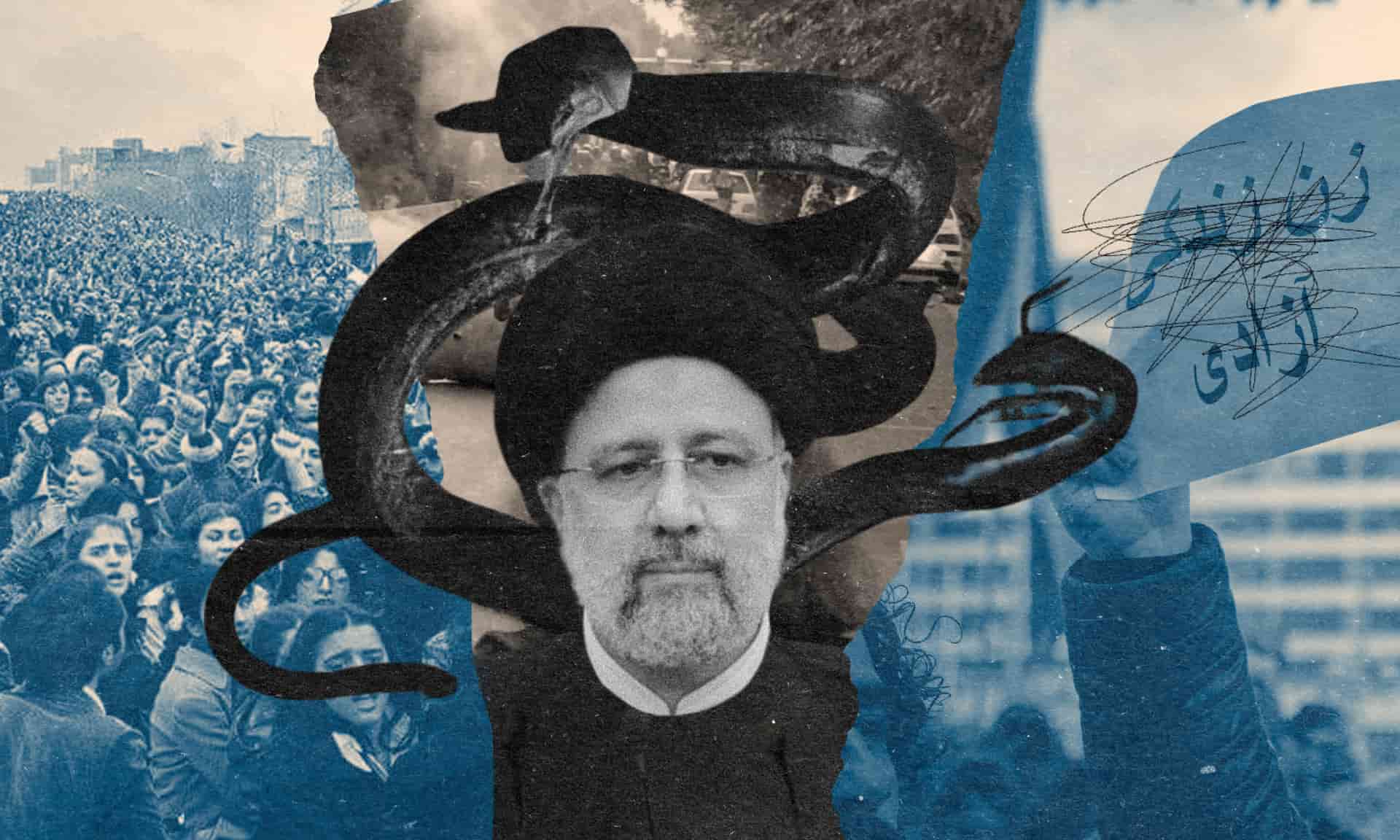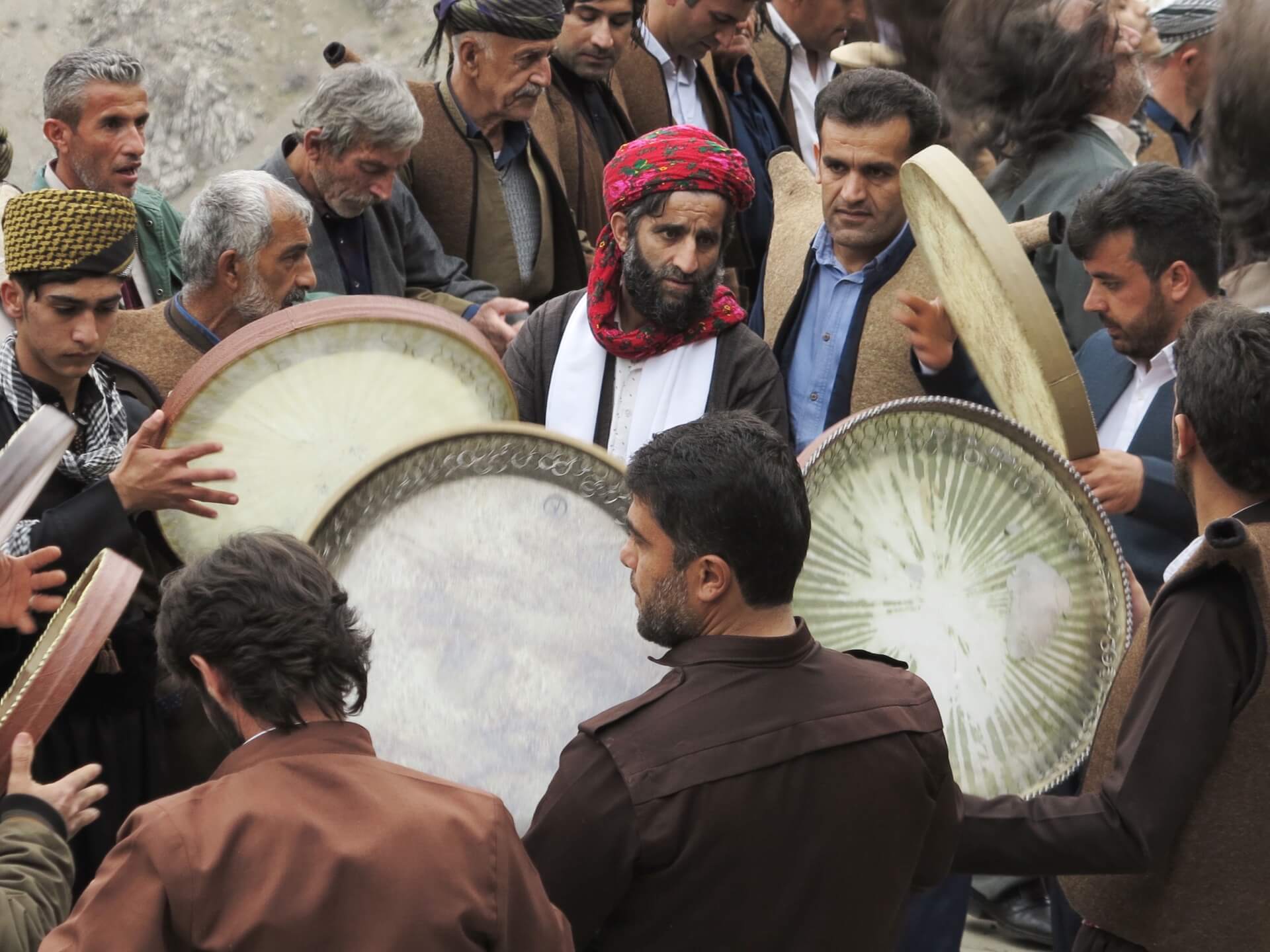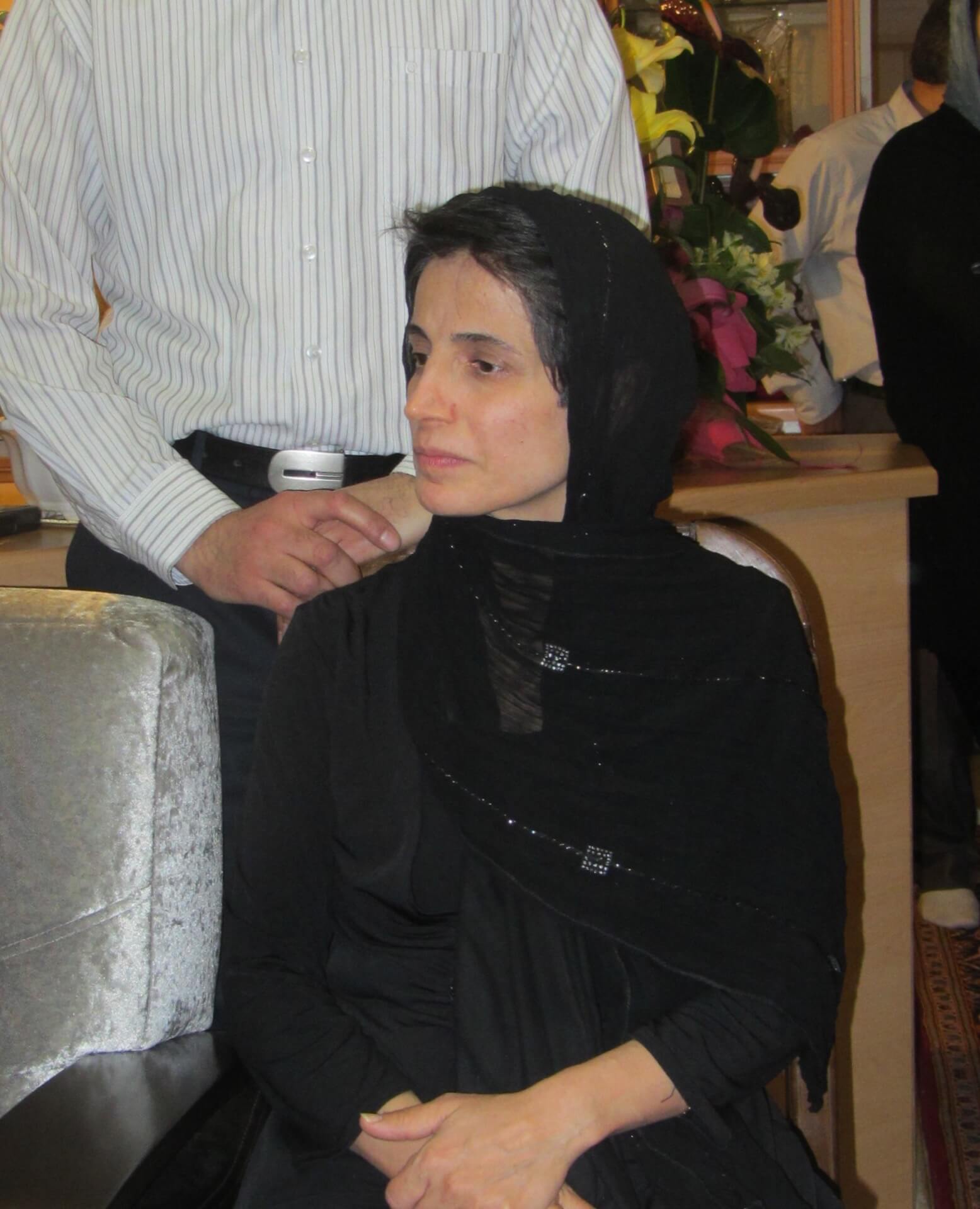Revealed: Leaked file uncovers how the Iranian Revolutionary Guards plan to quell protests
Exclusive: A two-hour-long audio leak of a secret meeting between a Basij commander and news outlets reveals the regime’s tactics to suppress dissent.
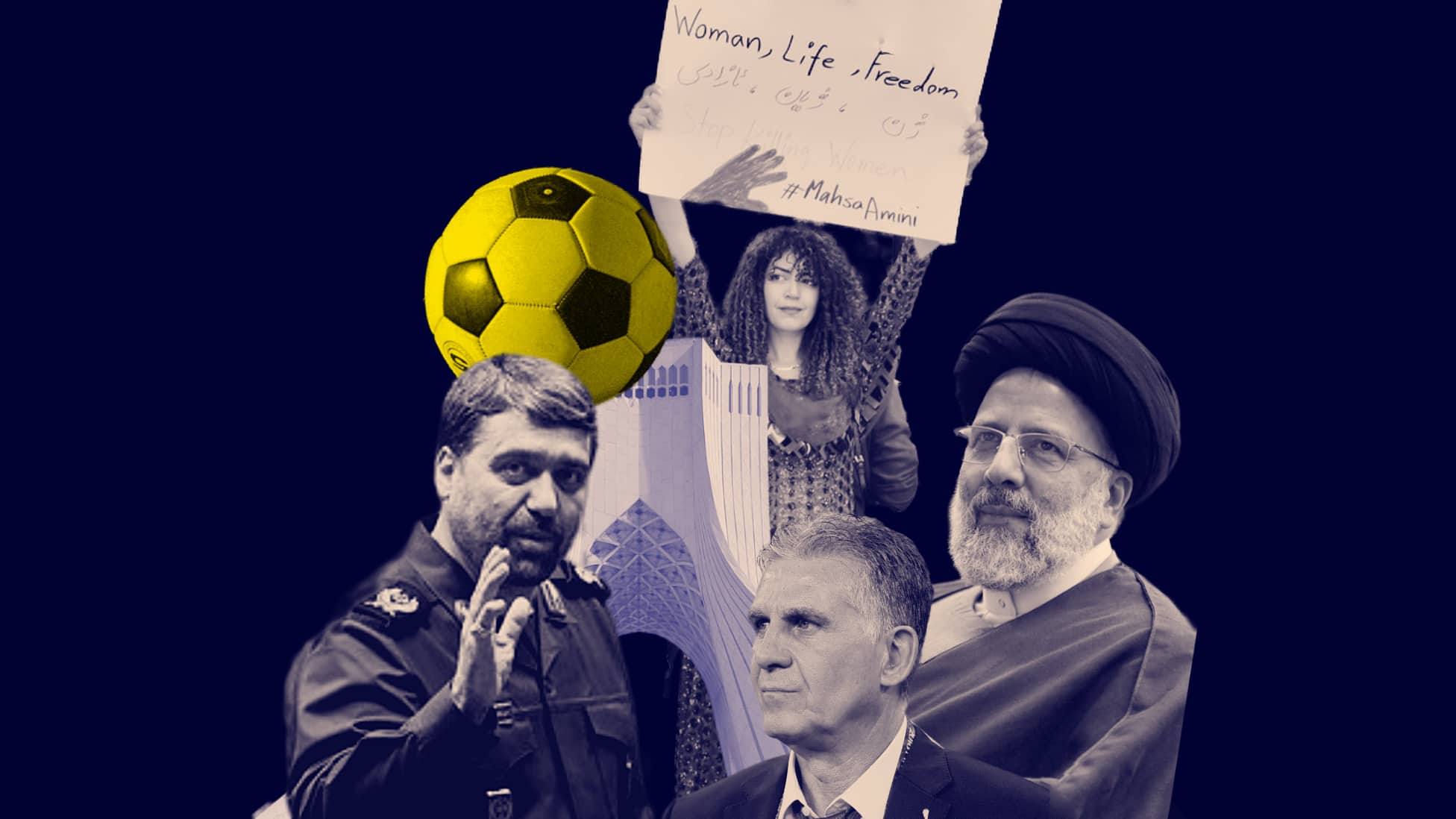
Basij commander warns media organisations against talking about the recent unrest in Iran and advising them to refer to the rising opposition using terms such as “conspiracies” and “collusions”
Revolutionary Guards have received a list of Iranian football fans who participated in World Cup from Qatari officials.
The IRGC has used the country’s participation in the 2022 World Cup as a distraction from the widespread protests.
A hacking group named Black Reward has published the audio file of a confidential meeting between Basij commander Qasem Qoreyshi and media managers close to the Iranian Revolutionary Guards Corps (IRGC) that took place on the 15th November 2022.
Qasem Qoreyshi, who is a general of the Basij force, which is one of the five main forces of the IRGC and consists of volunteer militia within the Iranian society, spoke to aligned media about recent developments in the country after Mahsa Amini’s death.
The documents were uncovered by the hacking group after it infiltrated the systems of the Fars News Network, a news agency with close ties to the IRGC, which directly serves the Iranian supreme leader Ali Khamenei.
Obtained documents were shared with Iran International before being published on the group’s Telegram channel. Released files included faxes, recorded calls, internal administrative conversations, image archives and financial documents of the news agency.
In a tweet, Fars News acknowledged that its website was hacked.
Warning against talking about the unrest
Qoreyshi asked media organisations present at the event to declare the protests as “under control” and “over”.
News organisations were also warned against referring to the rising opposition in any favourable terms and they were advised to utilise terms such as “conspiracies” and “collusions”, orchestrated by America, Israel and Saudi Arabia, to describe recent developments in the country.
The Iranian government has constantly attempted to downplay the protests and labelled them as foreign ploys.
On November 17th, the Iranian foreign minister, Hossein Amirabdollahian, tweeted: “Various security services, Israel and some Western politicians who have made plans for civil war, destruction and the disintegration of Iran should know that Iran is not Libya or Sudan”.
Tehran accuses Western adversaries of stoking the nationwide unrest, which has been joined by Iranians from all walks of life since September 2022.
Exploiting the 2022 FIFA World Cup
According to files obtained from the hacking of Fars News Agency, advisors referred to as “Revolutionary Front Media Editors” provided recommendations to the authorities about using the country’s participation in the 2022 World Cup as a way of distraction.
One of these is a fourteen-page PDF file titled “World Cup Operation Plan” written by an organisation called ‘Shams Centre’. The document states that the emergence of “dualism between the national team and Iranian society” is one of its most prominent concerns.
The document also acknowledges that [following recent protests in Iran,] there is an “indifference towards the World Cup” in Iranian society and necessary steps must be taken to shift public opinion. Some of these measures include:
Close coordination between Carlos Queiroz, the coach of the Iranian football team, with the government of the Islamic Republic.
Increasing “media activity”, and spamming comments underneath the personal social media pages of the national team players and influential people in the field of football.
Creating a “media army” to produce effective content in cyberspace.
Rewarding players of the football team with “material and spiritual” prizes.
Organising large celebrations on the streets with the help of the police. And making the necessary arrangements for the preparation to hold a national victory in the country".
Sending 10,000 government-affiliated fans to the FIFA 2022 World Cup.
The text also lays out suggestions for certain disciplinary measures to be taken if members of the national football team were to “violate norms”.
One such measure is removing players from the team if they were to engage in protests. This can include not singing the national anthem, wearing a black ribbon and participating in interviews with Farsi-language media outlets outside Iran.
The document also threatened the football team with withholding their salaries if they were to engage in any signs of protests. Athletes were also threatened to be referred to security institutions and relevant agencies.
The professional future and financial and spiritual income of the players should be targeted and the heavy atmosphere of exclusion should be explained to them.
During two games in the World Cup, Iranian players refused to sing the anthem and fears soon grew that athletes may face reprisals for not singing the national anthem.
Shortly after the first game, Voria Ghafouri, an Iranian football player, was arrested and accused of tarnishing “the reputation of the national team and spreading propaganda against the state”. A retired goalkeeper, Parviz Boroumand, was detained on charges of participating in rallies in the capital of the country. According to state-linked media, both individuals have been released on bail by the judiciary in what seems to be a rare concession and effort to placate deepening anger across the country and beyond.
Finally, the last recommendation laid out by the agency was to maintain a close collaboration between the Ministry of Foreign Affairs of Iran with Qatar to “minimise the environmental threats of the World Cup games”.
Close coordination with Qatar
In the audio file, Qoreyshi is heard saying that the Qataris “have a good relationship with us” and that “their motivation is also good”.
The recording reveals that Qatar has been assisting the IRGC by providing the names of fans who have purchased game tickets. Moreover, it limited the number of media outlets permitted to cover the games to ensure favourable coverage for the Iranian regime.
The Qataris seem to have been true to their word. During the last weeks of November, various reports emerged that Iranian flags with different variations were confiscated from fans at Qatari stadiums.
Qoreyshi’s comments are not in isolation. Earlier in November, Amjad Taha, the director of the British Centre for Middle Eastern Studies based in Bahrain, tweeted a private memo written by the Qatari government to media organisations discouraging their journalists from posting about Iranian protests on their social media accounts.
The regime has made a “mistake” with the Iranian Sunnis
Currently, in many cities of Iran, security and anti-riot forces have a noticeable presence in public places. In addition, there are reports of the deployment of military forces and IRGC in Kurdish cities in the west of the country. The cities of Kurdistan province and other Kurdish regions have been amongst the main centres of protests against the government since the beginning of the unrest.
On Monday, a large group of Iranian Sunni clerics called for an internationally supervised referendum in Iran. According to the BBC Persian Service, they also demanded the release of all political prisoners and the prosecution of the officials who have been overseeing the crackdown on Iran’s protests, which has so far resulted in hundreds of deaths and thousands of imprisonments.
Qoreyshi said that the regime should act “in Sistan and Baluchistan with determination and wisdom”.
According to him, based on a direct order by Ayatollah Khamenei, a group of delegations was sent to Zahedan to investigate the situation of recent shootings by government forces. They also had the mission of reprimanding Maulvi Abdul Hamid, an Iranian Sunni cleric who enjoys the support of an overwhelming majority of Baloch people in Iran.
Since the beginning of the revolution, we made a mistake in Sistan and Baluchistan. We thought that these are like Shiite areas. We gave wings to the Mevlevis and defeated the Kurdish Khans. [At the time,] no one considered them even human, Qoreyshi is heard saying.
Regime propaganda is proving increasingly inept and easy to counter and disprove by the popular opposition in Iran.
Earlier last week, the UN’s human rights council voted to set up a fact-finding investigation into human rights abuses in Iran, where an estimated 300 people have been killed and 14,000 arrested.
Do you have information about this story? Email us.


